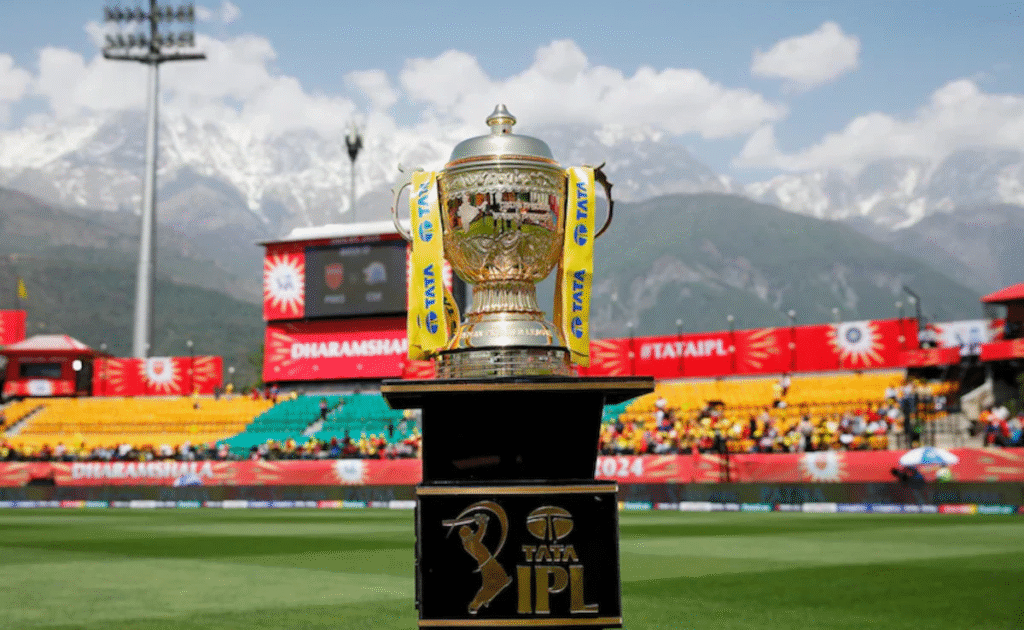IPL and Ethics: Lessons Beyond the Field for UPSC Aspirants

The Indian Premier League (IPL) is often seen as a blend of entertainment, glamour, and money. But ethicist Nanditesh Nilay, writing for UPSC Essentials, argues that IPL offers far more than just spectacle—it is also a valuable lens for ethical reflection.
With RCB winning its first-ever IPL trophy in 2025, the conversation turns to how sports, especially a high-stakes, high-visibility event like IPL, mirror ethical principles like teamwork, resilience, fairness, discipline, and leadership.
Nilay explores how cricket in India has evolved from tradition to a commercial format while still retaining its moral core. He refers to the legacy of Kerry Packer, who introduced coloured clothing and night matches, highlighting how innovation in sports need not compromise values.
The IPL showcases how diverse individuals work as a unit, how defeat is handled with dignity, and how performance under pressure builds character. These values resonate with the ethical competencies expected of civil servants.
By examining IPL through the lens of applied ethics, UPSC aspirants can understand the significance of integrity, humility, cooperation, and ethical decision-making—qualities that go beyond the cricket field and into governance and public service


0 Comment